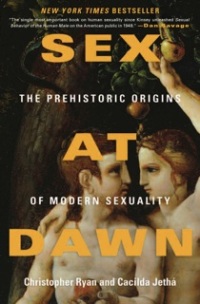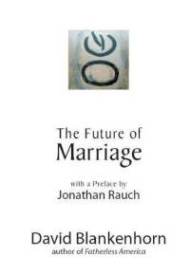Do we believe loving someone means owning them? Do we believe that ownership is the reason someone should “behave”? Do we believe that all the expectations, conditions, and underlying threats of “you better act right or else” keep one honest and true? Do we believe that we can have meaningful relationships with people who have not defined nor live by the integrity of his or her higher self? What of unconditional love? Or does love look like, feel like, and operate as enslavement? Do we believe that the more control we put on someone the safer we are? What of TRUST and LOVE?
Should we be married to individuals who can not be responsible for themselves and their families within their freedom? Should we be in relationships with individuals who we can not entrust to their own values, integrity, and LOVE…for us???
Here is how I will change my statement…Will and I BOTH can do WHATEVER we want, because we TRUST each other to do so. This does NOT mean we have an open relationship…this means we have a GROWN one.
So said Jada Pinkett Smith, wife of Will Smith, on her Facebook yesterday at 6:17pm.
I’m not normally one for celebrity gossip; in fact I saw this post by Jada only because a friend of mine shared it on her wall. I decided to do some research to find out if the profile actually did belong to the actual Jada Smith, and that the post was, indeed, written by her. I was immediately annoyed by the first article Google News pulled up, which was on philly.com:
“Jada Pinkett Smith wants to make it crystal clear to everyone (or at least her Facebook followers): She is in a mutually-exclusive, committed relationship with her Philly-raised, triple threat of a husband, Will Smith.”
*headdesk*
In what part of the above statement by Jada was the term “mutually-exclusive” used? She asked questions about whether relationships should be relate-able to ownership and slavery, asked whether we should be married to irresponsible, untrustworthy people, and then stated that she and Will can do whatever they want. A “grown relationship” could be a relationship in which the people involved are mature enough to do the things they want to do without hurting their marriage or families; in a marriage where one or both partners isn’t bothered by their spouse being involved in some way with other partners, that could include non-exclusivity.
But none of this matters, because everybody is taking this statement to mean that Jada and Will are, indeed, in a “closed,” “exclusive” relationship. perezhilton.com, E! Online, and US Weekly are all breathing internet sighs of relief and using phrases like “committed relationship” to clarify the type of relationship the Smiths’ have. What does that even mean? I’ve already talked about my feelings on what commitment means in this blog post from long, long (a year) ago. It ain’t so clear-cut, folks.
Everyone seems to be celebrating the reveal that the Smith marriage is monogamous, but is it? The answer doesn’t really matter; what does is the fact that if the general population would quit jumping to conclusions, putting words in Jada’s mouth, and instead think about the questions she put forth, it could do a lot of lovers a lot of good, and perhaps help a lot of lovers be better understood.









